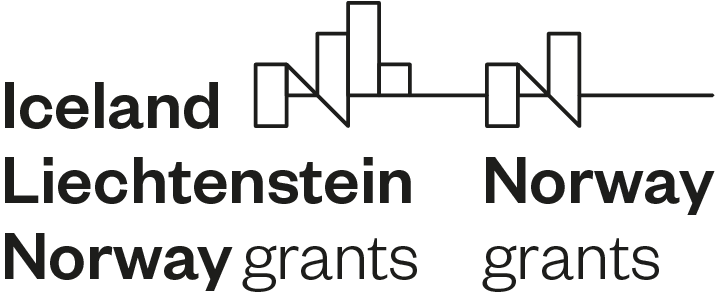Project in a nutshell
The main activities of the project included enrollment of patient and control groups, deep clinical
phenotyping of patients with ASDs, neuroimaging evaluation, and genetic investigations using
genome-wide (array-CGH, sequencing) and targeted approaches (fragile X syndrome etiologic testing).
The output was represented by genetic data, such as genomic profiles obtained by chromosomal
microarray, FMR1 methylation profiles / repeat expansion evaluation (male patients) and sequencing
data.
Data analysis activities integrated all data and allowed phenotype-genotype correlations,
clinical interpretation of genetic and MRI findings as well as statistical analyses. These activities led to
the establishment of clinical, neuroimagistic and genetic data sets, and the set-up of a database.
Besides the contribution to a better understanding of the genetic mechanisms of ASD, the data
represented the foundation for elaboration and development of the Romanian Registry of patients
with ASD.
Although the Registry data recording have started with the patients with ASDs enrolled in
this study, other patients with ASD evaluated in our hospital will also be included. Part of our project
results were published in international journals with a high visibility, and were presented at national
and international scientific manifestations. A project website was created for dissemination of project
activities and results.

